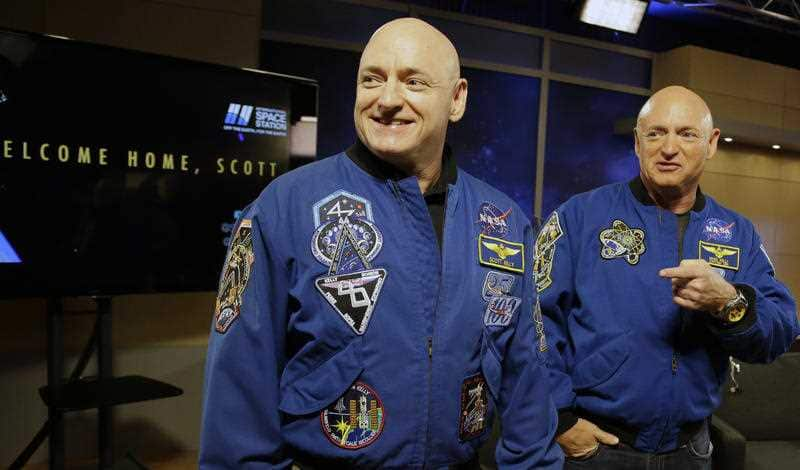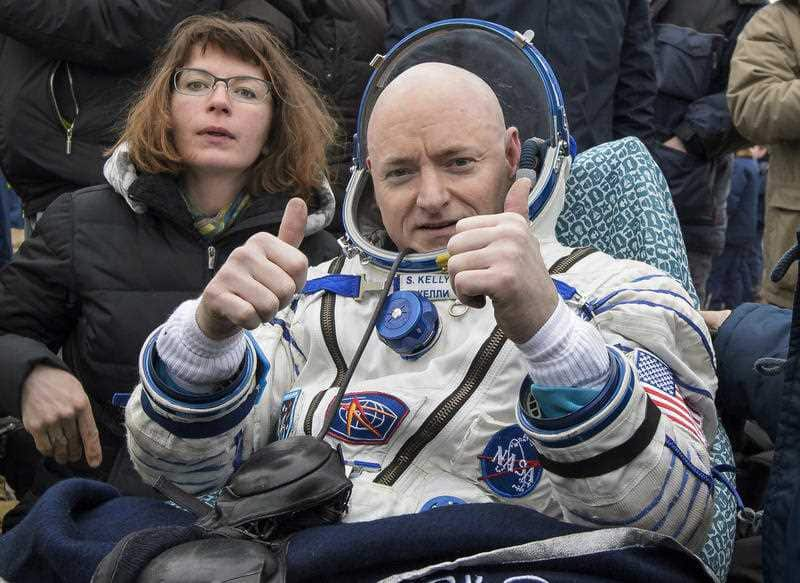NASA has confirmed an astronaut who spent a year in space no longer has the same DNA as his identical twin brother.
The ground-breaking study compared astronaut Scott Kelly while aboard the International Space Station with his twin brother Mark Kelly, at home on Earth - Mark is also an astronaut.
The space agency has since revealed about seven per cent of Scott Kelly’s genes may have possible long-term changes after his mission - He spent from March 2015 to February 2016 in space.

The genome changes related to the way his body repairs DNA, his immune system functions, how bones are formed, and how his body processes oxygen and carbon dioxide.
NASA found most of Scott Kelly’s biological changes have returned back to normal after he returned to Earth.
The space agency explained 93 per cent of his genes had returned to base levels since coming home.

NASA announced a summary paper of the investigation into how his body had changed in space, making him slightly different from his identical twin brother. It will be published later this year.
The space program declared the 'Twins Study' would be of benefit to mankind by helping evaluate the potential risks to the human body in space.

